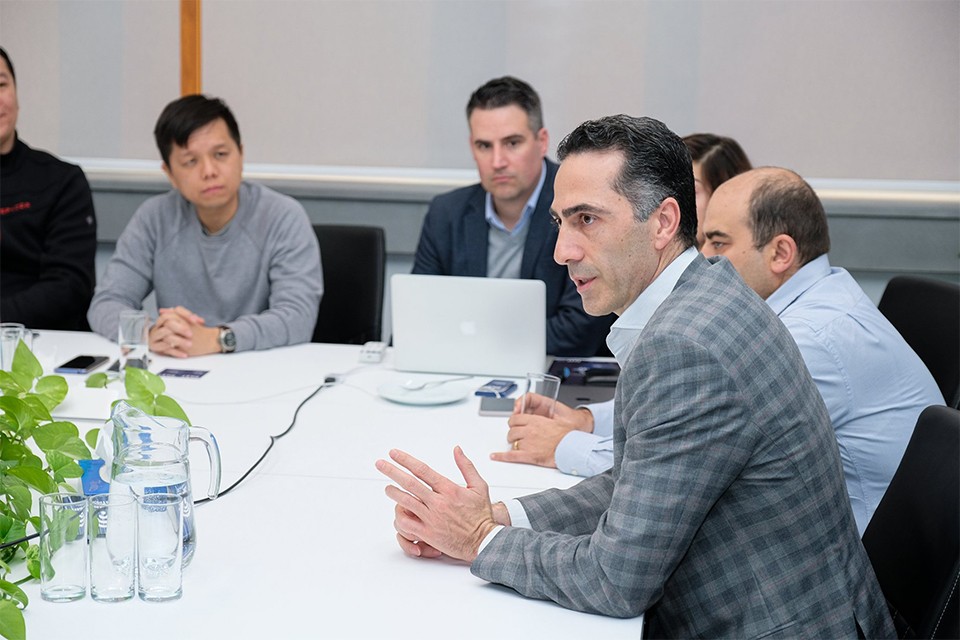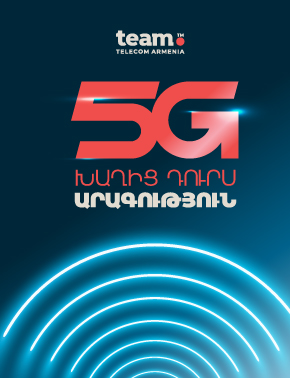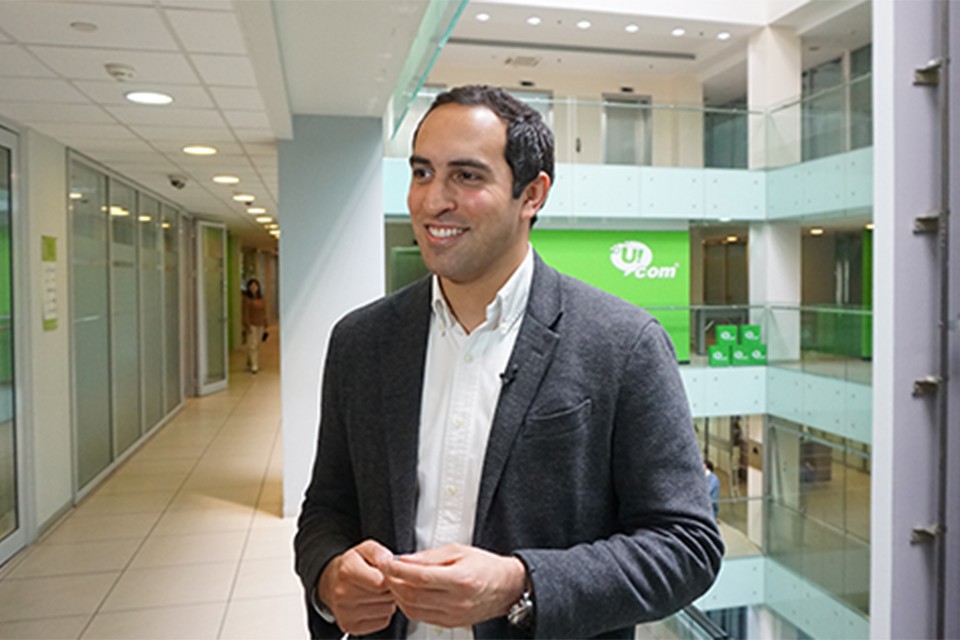15:13 | 24.03.21 | News | 7320
InVent 2.0: FAST launches 2nd round of its Innovation Ventures program
FAST has launched InVent 2.0, the second round of its Innovation Ventures program, targeting individuals who are interested to partake in startups focused on Artificial Intelligence (AI).
The program brings together people from diverse backgrounds to team up with AI specialists and work on challenges that FAST generates through a proprietary methodology.
Those challenges are shaped into business concepts in the first phase of the program, and teams work with coaches to develop startups and pitch for prototype funding in later stages. Ameria Bank has also joined the program and will be providing market-driven challenges for teams to work on.
“In InVent 1.0, our startups received $5,000 prototype funding, registered new companies and now are in the process of developing and testing the prototype” adds Anna Khachatryan - Innovation Analyst at FAST, “we are continuously tracking their progress to design better iterations of InVent. The second round, InVent 2.0, has program and curriculum changes that aim to increase the chances of our winning teams to enter the acceleration stage.”
This 15-week program is open both for individual and team applications. In both cases, the participants will be working on ideas provided by FAST. InVent 2.0 sessions are planned twice a week, in the evening hours, so that participants combine the program with their routine engagements. FAST is looking for a strong commitment towards the program by applicants, considering the program as a career-changing opportunity.
Applications are open until April 07, 2021. The application is available here.
Over its first 3 years the Foundation has engaged more than 4,600 beneficiaries through its programs, including students, researchers, entrepreneurs, startups, and policy makers. It has implemented various programs for researchers, through which it provided funding to 43 researchers, supported 21 international research collaboration projects, and hosted nearly 100 foreign researchers in Armenia. As a result of several programs, 25 visits to international labs have been conducted and around 70 scientific papers produced, of which 50 have already been published in international journals.

17:29 | 24.09.25 | Articles
Jacopo Losso on Cross-Border Investments and Why Armenia Attracts Angels









